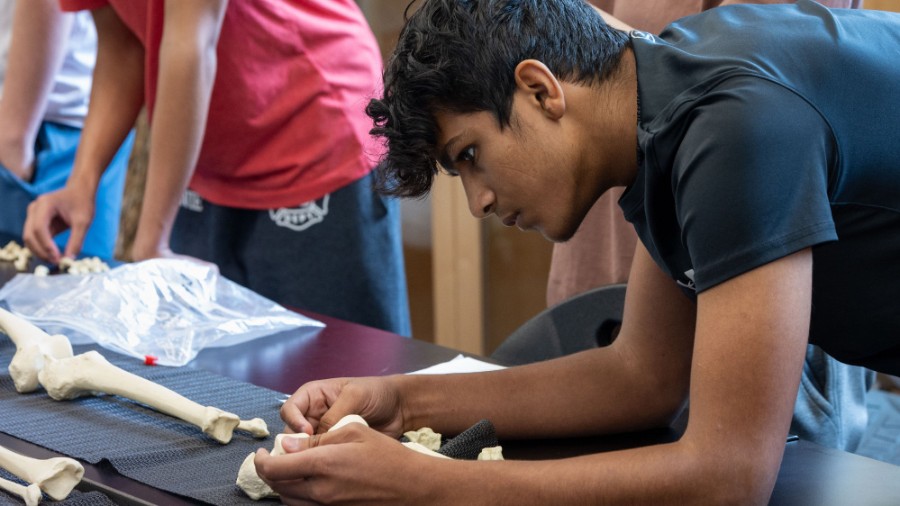Details
- Listing Type: Summer Programs
- Program Delivery: Day, Online
- Provided By: College
- Session Start: July
- Session Length: Three Weeks
- Entering Grade: 10th, 11th, 12th
- Gender: Coed
- Category: Academic
- Sub-Categories: Forensic Science, Psychology, Geography
- Selective: No
- Ages: 15, 16, 17, 18
- Minimum Cost: $1,500 - $2,999
- Credit Awarded: Yes
- Location:College Park, Maryland
- Last Updated:January 2026
[wpuf-login] Close
Organization with listings on TeenLife? Login here
Register for Free
We’re here to help you find your best-fit teen-centered academic and enrichment opportunities.
Forgot Password
"*" indicates required fields


 Recently Updated
Recently Updated